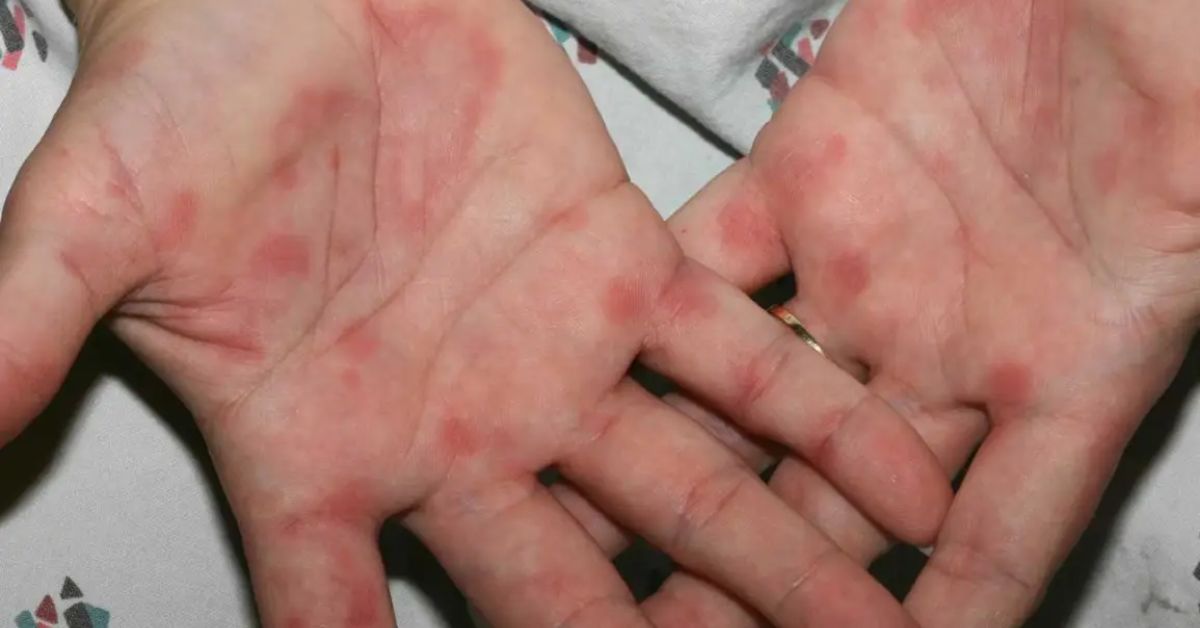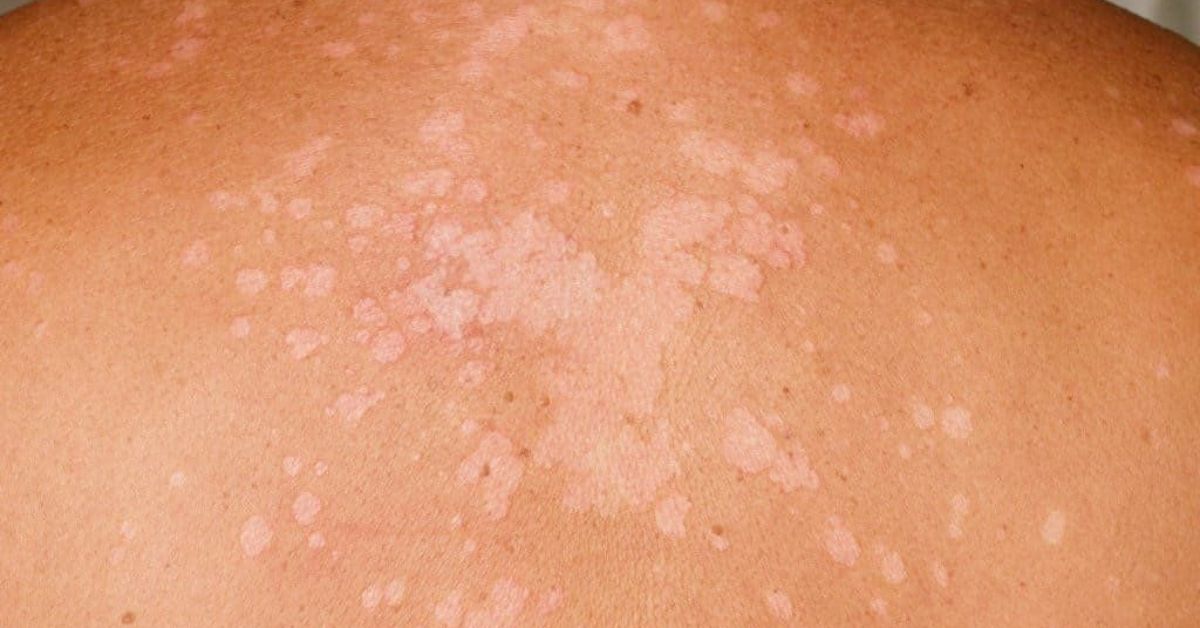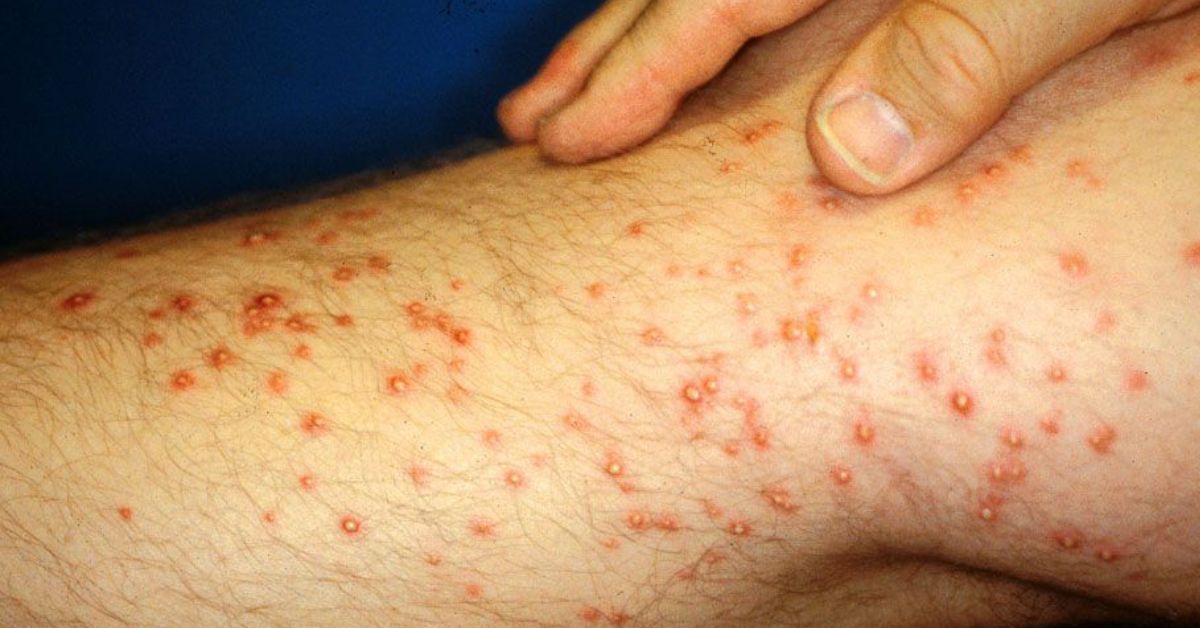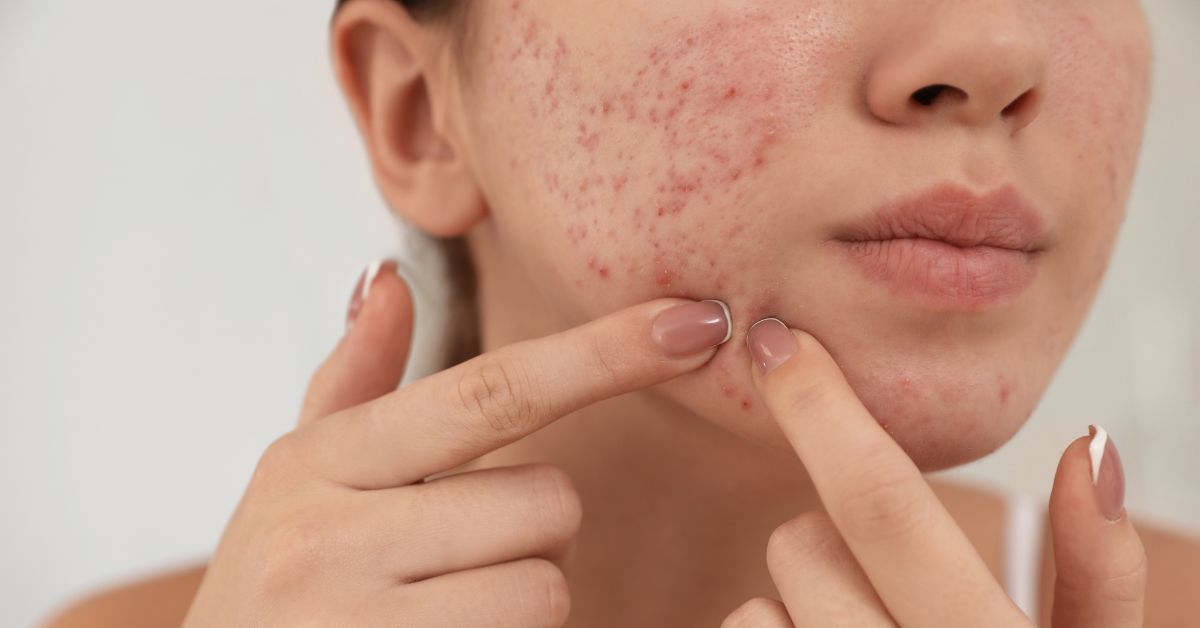Persistent dandruff despite regular hair washing frustrates millions worldwide. But why do I still have dandruff after washing my hair? This common scalp condition, characterized by white flakes and itchiness, often resists simple hygiene measures. In this comprehensive guide, we’ll explore the root causes of stubborn dandruff, effective treatment strategies, and essential scalp care techniques. We’ll delve into the science behind flaky scalps, debunk common myths, and provide actionable advice for achieving a healthy, flake-free head of hair.
Understanding Persistent Dandruff
Dandruff that lingers after washing stems from various factors. Let’s examine the primary culprits:
- Malassezia Overgrowth: This yeast-like fungus thrives on oily scalps, causing irritation and flaking.
- Seborrheic Dermatitis: A chronic skin condition leading to redness, itching, and flaking.
- Dry Skin: Insufficient moisture can cause scalp cells to shed more rapidly.
- Product Buildup: Residue from hair care products can accumulate, irritating the scalp.
- Sensitivity to Hair Care Products: Some individuals may react to certain ingredients in shampoos or conditioners.
Understanding these underlying causes is crucial for effective treatment. Now, let’s explore targeted solutions for each issue.
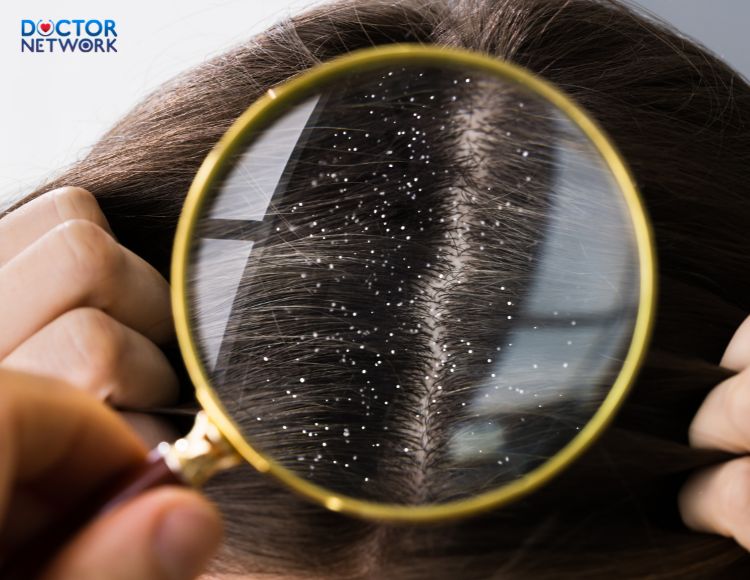
Other factors contributing to dandruff include seborrheic dermatitis
Effective Dandruff Treatments
To combat persistent dandruff, consider these proven methods:
| Treatment | Target Issue | How It Works |
|---|---|---|
| Anti-fungal shampoos | Malassezia overgrowth | Contains ketoconazole or zinc pyrithione to inhibit fungal growth |
| Medicated shampoos | Seborrheic dermatitis | Uses ingredients like coal tar or salicylic acid to reduce inflammation |
| Moisturizing treatments | Dry skin | Hydrates the scalp to prevent excessive flaking |
| Clarifying shampoos | Product buildup | Removes residue and excess oils from the scalp |
| Hypoallergenic products | Sensitivity issues | Free from common irritants to minimize scalp reactions |
Incorporating these treatments into your hair care routine can significantly reduce dandruff symptoms. However, consistency is key for long-term results.
Essential Scalp Care Techniques
Beyond targeted treatments, maintaining overall scalp health is crucial. Follow these expert-recommended techniques:
- Gentle Exfoliation: Use a soft-bristled brush to remove dead skin cells and stimulate circulation.
- Balanced Diet: Consume foods rich in omega-3 fatty acids, zinc, and B vitamins to support scalp health.
- Stress Management: Practice relaxation techniques to reduce stress-induced dandruff flare-ups.
- Proper Shampooing: Massage shampoo into the scalp, not just the hair, to cleanse effectively.
- Regular Trims: Remove split ends to prevent further damage and irritation.
Implementing these techniques alongside targeted treatments creates a comprehensive approach to scalp care.
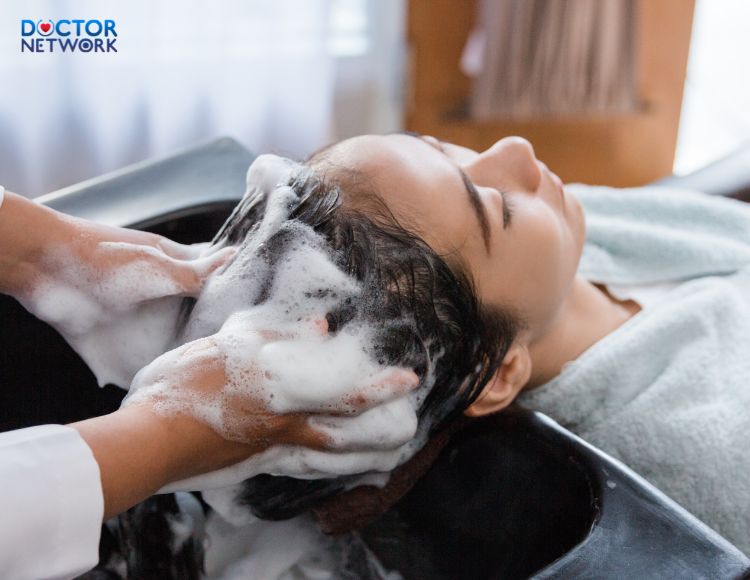
Proper hair washing is an important step in scalp care
Common Myths vs. Facts
Let’s dispel some misconceptions about dandruff and scalp health:
| Myth | Fact |
|---|---|
| Dandruff is contagious | Dandruff is not transmissible between individuals |
| Dry scalp always causes dandruff | Both dry and oily scalps can lead to dandruff |
| More frequent washing cures dandruff | Over-washing can exacerbate the problem |
| Dandruff only affects adults | People of all ages, including children, can experience dandruff |
| All dandruff shampoos are the same | Different active ingredients target various underlying causes |
Understanding these facts empowers you to make informed decisions about your scalp care routine.
When to Seek Professional Help
While many cases of dandruff respond well to over-the-counter treatments and proper scalp care, some situations warrant professional intervention. Consult a dermatologist if you experience:
- Severe redness or swelling
- Persistent itching that disrupts daily life
- No improvement after several weeks of self-treatment
- Signs of infection, such as warmth or oozing
- Hair loss accompanying dandruff symptoms
A dermatologist can provide personalized treatment plans, including prescription-strength medications if necessary.
Frequently Asked Questions about “Why do I still have dandruff after washing my hair?”
How often should I wash my hair if I have dandruff?
Answer: The frequency of hair washing for dandruff sufferers depends on individual scalp conditions. For most people with dandruff, washing hair daily or every other day with an anti-dandruff shampoo containing active ingredients like zinc pyrithione, selenium sulfide, or ketoconazole can help control flaking and itching. However, if you have a dry scalp, over-washing may exacerbate the problem. In this case, try washing every 2-3 days and use a moisturizing conditioner. Pay attention to how your scalp responds and adjust accordingly. Remember, consistency in using anti-dandruff products is key to managing symptoms effectively.
Can stress cause dandruff or make it worse?
Answer: Yes, stress can indeed contribute to dandruff or exacerbate existing conditions. When you’re stressed, your body may produce more cortisol, a hormone that can stimulate oil glands and potentially lead to an overgrowth of Malassezia, the yeast-like fungus associated with dandruff. Stress can also weaken your immune system, making your scalp more susceptible to fungal infections. Moreover, stress-induced behaviors like scratching or picking at the scalp can worsen irritation and flaking. To manage stress-related dandruff, consider stress-reduction techniques such as meditation, yoga, or regular exercise, alongside your anti-dandruff hair care routine.
Are there any dietary changes that can help reduce dandruff?
Answer: Diet can play a role in managing dandruff. Incorporating certain nutrients and avoiding others may help improve scalp health:
- Omega-3 fatty acids: Found in fish, flaxseeds, and walnuts, these can help reduce inflammation.
- Zinc: Present in whole grains, legumes, and lean meats, zinc supports skin health and may help control dandruff.
- Probiotics: Found in yogurt and fermented foods, these can support a healthy balance of microorganisms on your scalp.
- B vitamins: Whole grains, eggs, and leafy greens provide B vitamins that support healthy skin cell turnover.
Conversely, reducing intake of sugary foods and simple carbohydrates may help, as these can feed the Malassezia fungus. Additionally, some people find that reducing dairy consumption improves their dandruff symptoms. Always consult with a healthcare professional before making significant dietary changes.

Drinking enough water helps keep the body and scalp hydrated
Scientific Researches on “Why do I still have dandruff after washing my hair?”
Here are some notable studies related to dandruff and scalp care:
- “The etiology and management of dandruff” by Ranganathan and Mukhopadhyay This comprehensive review article explores the causes of dandruff and various treatment approaches.
- “Malassezia yeasts and their role in dandruff” by DeAngelis et al. This study delves into the relationship between Malassezia fungi and dandruff development.
- “Efficacy of ketoconazole 2% shampoo in the treatment of seborrheic dermatitis” by Pierard-Franchimont et al. This clinical trial evaluated the effectiveness of ketoconazole shampoo for treating seborrheic dermatitis, a common cause of dandruff.
- “The role of zinc in the treatment of dandruff” by Schwartz et al. This research examined how zinc-based treatments, particularly zinc pyrithione, combat dandruff.
Kiểm Duyệt Nội Dung
More than 10 years of marketing communications experience in the medical and health field.
Successfully deployed marketing communication activities, content development and social networking channels for hospital partners, clinics, doctors and medical professionals across the country.
More than 6 years of experience in organizing and producing leading prestigious medical programs in Vietnam, in collaboration with Ho Chi Minh City Television (HTV). Typical programs include Nhật Ký Blouse Trắng, Bác Sĩ Nói Gì, Alo Bác Sĩ Nghe, Nhật Ký Hạnh Phúc, Vui Khỏe Cùng Con, Bác Sỹ Mẹ, v.v.
Comprehensive cooperation with hundreds of hospitals and clinics, thousands of doctors and medical experts to join hands in building a medical content and service platform on the Doctor Network application.
















